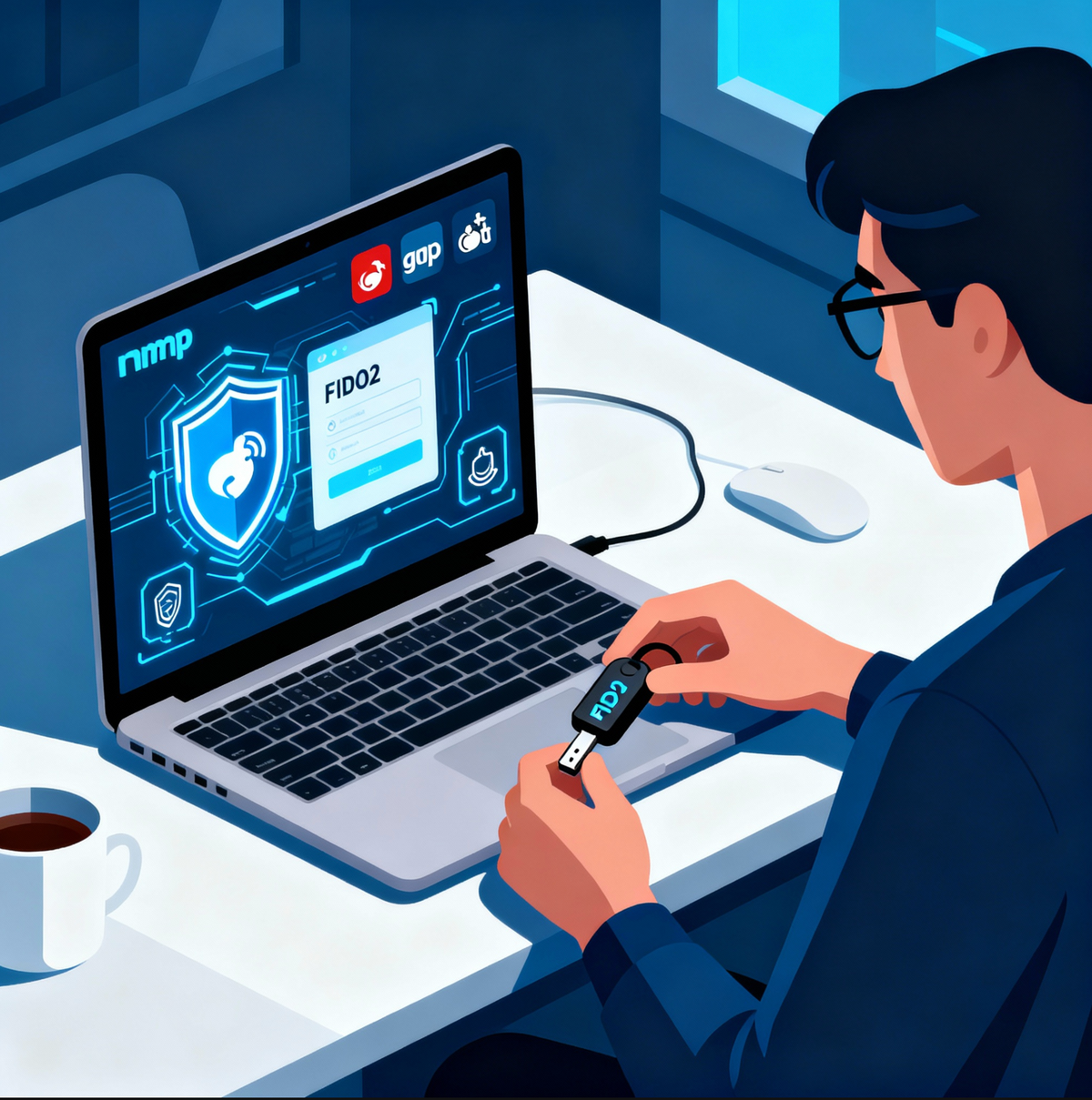How to Prevent npm Supply Chain Attacks: Developer’s Guide for Secure Node.js
npm (Node.js) supply chain attacks are escalating—with phishing, credential theft, and malware infections shaking the confidence of open-source software worldwide. In October 2025, one breach affected hundreds of packages and millions of users

npm (Node.js) supply chain attacks are escalating—with phishing, credential theft, and malware infections shaking the confidence of open-source software worldwide. In October 2025, one breach affected hundreds of packages and millions of users. As threats advance, developers need robust tools and clear strategies to secure their code, accounts, and supply chains. This guide breaks down actionable steps—like hardware security keys and automated audits—to keep Node.js secure and trustworthy.
Enable FIDO2 Hardware Security Keys for npm & GitHub
Why?
Passwords and basic two-factor authentication are increasingly vulnerable to phishing and SIM swap attacks. FIDO2 (Fast Identity Online) hardware keys deliver phishing-resistant, unforgeable authentication—trusted by security experts and required for top npm maintainers.
How to Set Up:
- Obtain a device like YubiKey or Google Titan Security Key.
- Go to your npm and GitHub account security settings.
- Register your FIDO2 device as your second factor.
- Require hardware key use for all publishing and code changes.
Benefits:
- Stops phishing, as secrets never leave the hardware.
- Blocks credential reuse and intercepted 2FA codes.
- Simple to use—just tap to authorize.
Reference:
- GitHub official documentation: Securing GitHub with security keys
- npm: Enforcing 2FA and security keys for package publishing
Sign Your npm Packages
Digitally signing packages confirms authenticity and helps prevent tampering. Use npm’s signing options and supply chain provenance tools (like Sigstore) for verifiable trust.
Automate Dependency Auditing
Run tools such as npm audit, Snyk, or OWASP Dependency-Check in your CI pipeline. Alert for:
- Vulnerabilities and malicious code
- Suspicious updates or unauthorized publishing
- Transitive dependency risks
Monitor Account & Packages Regularly
Set alerts for unexpected activity:
- New/unusual package versions
- Sudden download spikes
- Changes to collaborators or publishing settings
Train Developers & Review Incident Response
Keep your team prepared for phishing and supply chain emergencies. Practice:
- Recognizing and reporting suspicious messages
- Rapid incident response/rollback procedures
Conclusion / Call to Action
npm supply chain security starts with you—don’t wait for an attack. Use hardware security keys, audit dependencies, and monitor your package activity to stay protected in the evolving world of JavaScript and open source.
At Luwak, we enhance cybersecurity with proactive protection against phishing, malware, and emerging digital threats.
We secure systems through vulnerability assessments, penetration testing, and strong email security standards.
Our training and defense tools help teams recognize risks early and maintain a security-first culture across the organization.
👉 Contact us at connect@luwaktech.com or visit luwaktech.com.




